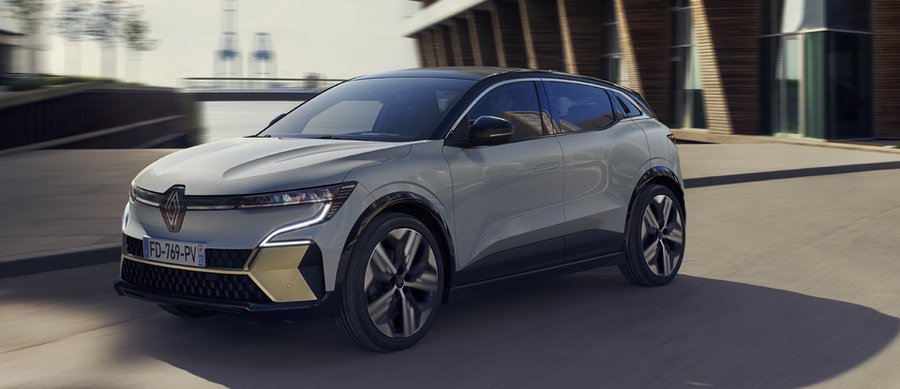Renault will go all-electric in Europe by 2030, accelerating a previous plan to achieve 90% EV sales in the region by that date.
Automotive News Europe quotes CEO Luca de Meo as telling reporters today "Renault will be 100% electric in 2030 in Europe", imposing a deadline that matches those set by Fiat, Ford and Peugeot, to name a few.
The announcement came as part of a progress report to a small group of French reporters on de Meo's radical Renaulution transformation strategy for the Renault Group, which will have the company launch 24 new vehicles by 2025, expand its EV offering and reinvent Alpine as an electric-only performance brand.
Importantly, however, de Meo forecasted that value-oriented Dacia will go all-electric "at the last possible moment" to maintain its affordable pricing structure – possibly after 2030 if the conditions aren't right.
The announcement comes as Renault prepares to launch the new Mégane E-Tech Electric crossover, 5 supermini and 4 compact crossover as the first additions to its new-era EV family. A further two new EVs are due by 2025.
De Meo has previously come out in support of the UK government's 2030 ban on new ICE car sales, recognising it as an attempt to position the country "in a better place on the starting grid" and promising that Renault would "do our best to live up to that and see if we're good enough".
However, more recently, Renault Group R&D boss Gilles Le Borgne condemned the European Union's proposed 2035 ban on hybrid vehicles, arguing that 2040 was a more realistic deadline, given the rate of infrastructure development and the relative cost of EVs today.
Today, Automotive News Europe reports, de Meo said: "We have an obligation to participate in the transition" to carbon-neutrality across the industry, hence the accelerated EV transition timeframe.
Renault won't reveal its full 2021 results until 18 February, but de Meo told reporters that since the transformation plan was implemented, fixed costs have been lowered by €2 billion (£1.7bn), hybrid sales have climbed to 60% of total volume and development time has been slashed by 25%.

